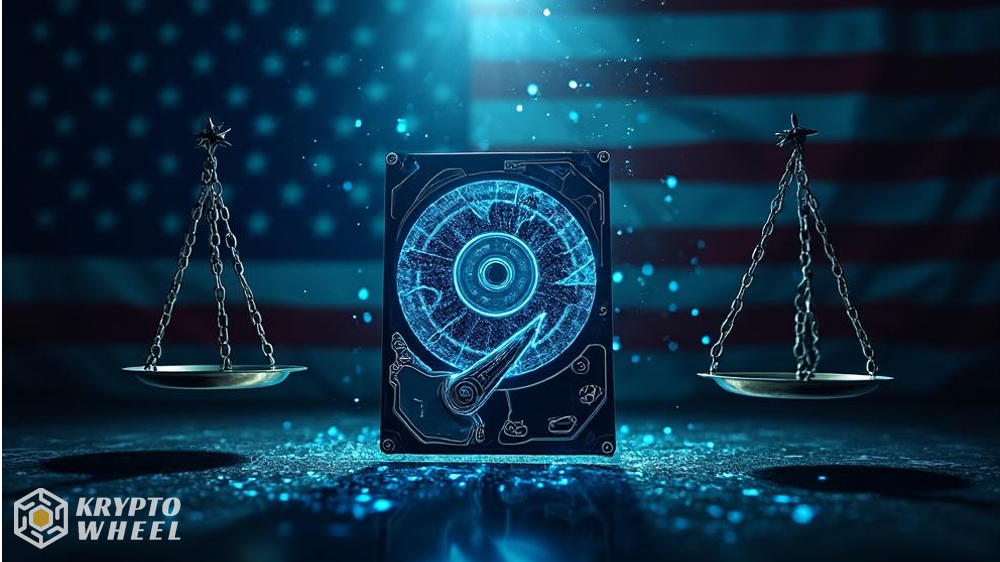Court Rules in FBI’s Favor in Bitcoin Dispute
A federal court in the United States has dismissed a lawsuit filed by a Florida man who claimed the Federal Bureau of Investigation wrongfully erased a hard drive containing 3,443 Bitcoins. The court found that the FBI followed proper procedures when handling the seized electronic evidence and could not be held responsible for the cryptocurrency loss.
Michael Prem, who had been convicted on identity theft and fraud charges, sought $354 million in damages from the government. He argued that the FBI destroyed the drive without proper authorization, effectively blocking his access to what would now be worth hundreds of millions of dollars in Bitcoin.
The Timeline of Events
The case dates back to 2019 when Prem pleaded guilty to device fraud, identity theft, and illegal firearms possession. During the investigation, the FBI seized a hard drive from his property as part of standard evidence collection procedures. Following established protocols for handling electronic evidence, the agency wiped the device clean.
After his release from prison in 2022, Prem filed the lawsuit claiming the FBI had destroyed his Bitcoin holdings. However, the court found significant issues with his claims, particularly regarding when he disclosed ownership of the cryptocurrency.
Inconsistencies in Ownership Claims
The court noted several contradictions in Prem’s statements about his Bitcoin holdings. In February 2020, while still in prison, Prem had filed a financial disclosure with the government indicating he held only $200 to $1,500 worth of Bitcoin. Yet upon his release, he suddenly claimed to be a “Bitcoin billionaire” with holdings worth hundreds of millions.
This discrepancy, combined with his failure to officially declare the Bitcoins as lost assets during his prison term, proved fatal to his case. The court determined that Prem had waited too long to assert his ownership rights and that his claims lacked credibility.
Legal Precedent and Implications
In its ruling, the court stated that even if the Bitcoins had been recoverable, it would be “unfair to return them to him” given the unreasonable delay in claiming ownership and the inconsistencies in his financial disclosures. The decision reinforces the importance of proper documentation and timely claims when dealing with seized assets, particularly in the cryptocurrency space.
This case highlights the ongoing challenges courts face when dealing with digital assets in legal proceedings. With an estimated 7% of all Bitcoin permanently lost according to Glassnode data, disputes over ownership and recovery of cryptocurrency continue to present novel legal questions.
The ruling serves as a reminder that while cryptocurrency offers new forms of wealth storage, traditional legal principles about property claims and evidence preservation still apply. For individuals holding significant cryptocurrency assets, maintaining clear records and proper documentation remains crucial, especially when those assets might become involved in legal proceedings.










